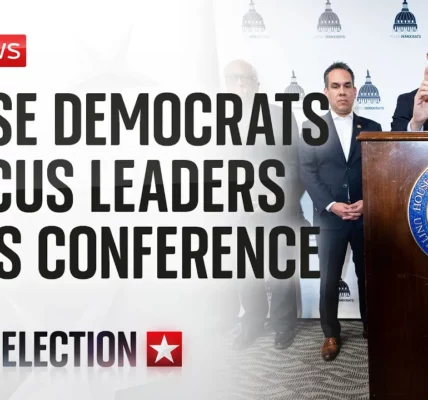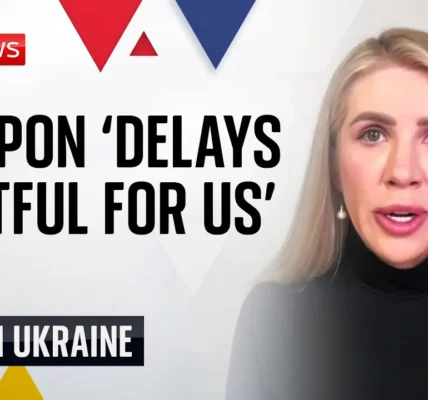We Will Not Rest and We Will Not Be Silent: Netanyahu’s Defiance Amid Hostage Crisis

As the bodies of six hostages held captive by Hamas are recovered from Gaza, Israel faces unprecedented protests demanding the return of all remaining hostages. This article delves into the political implications, social unrest, and the reactions across Europe, particularly focusing on the rise of far-right parties in Germany.
Introduction
The tragic discovery of six hostages killed by Hamas has sparked outrage and mass protests throughout Israel. Citizens are voicing their demand for accountability and action from Prime Minister Benjamin Netanyahu, who is accused of prioritizing military objectives over humanitarian negotiations. This pivotal moment has united thousands in Tel Aviv and Jerusalem, reflecting a broader sentiment of discontent not only in Israel but also in Europe, where far-right politics are gaining traction amid socio-economic challenges.
The Hostage Crisis and Public Reaction
The recent recovery of the bodies of six hostages, including young men and women, has left a nation in mourning and disbelief. Families of the deceased are grappling with grief, while the broader population is expressing deep frustration with the government’s handling of the hostage situation.
Details of the Hostage Recovery
The six hostages were discovered in an underground tunnel in Rafa, Gaza, a location previously believed to be secure. The hostages were:
- Carmel Gat (40 years old)
- Almog Cusi (27 years old)
- Alex Lobanov (33 years old, Russian-Israeli)
- Orri Danino (25 years old)
- Aen Yereli (24 years old)
- Hirsh Goldberg Poland (23 years old, American-Israeli)
Public Protests and Strikes
In response to the tragedy, thousands of Israelis took to the streets. Key points include:
- Mass protests in Tel Aviv and Jerusalem, with estimates of over half a million participants.
- Calls for a general strike led by Israel’s largest trade union to demand action for the remaining hostages.
- Public criticism directed towards Netanyahu for perceived inaction and prioritization of military efforts over negotiations.
Political Implications in Israel
The ongoing unrest has serious implications for Netanyahu’s government and the political landscape in Israel. The protests represent a significant pushback against the current administration, which is already facing internal dissent and external pressure.
Internal Government Dynamics
Within the Israeli cabinet, there are divisions emerging, particularly concerning military strategies and negotiations with Hamas. The Defense Minister has openly criticized Netanyahu’s approach, highlighting the urgency for a ceasefire.
The Role of Trade Unions
Trade unions in Israel have taken a formidable stance, marking a shift in the dynamics of public protest. Their involvement has added weight to the demonstrations, emphasizing the need for a strategic approach to resolving the hostage crisis.
The Rise of Far-Right Politics in Germany
While Israel grapples with its internal challenges, Germany is witnessing a significant shift in its political landscape as the far-right party, Alternative for Germany (AFD), gains popularity.
Election Results and Implications
Recent state elections in eastern Germany have shown that:
- The AFD is projected to secure over 31% of the vote in Saxony and 33.5% in Thuringia.
- This marks the first time a far-right party has won substantial representation since World War II.
Public Sentiment and Concerns
This rise has raised concerns about the future of democracy in Germany, reflecting deep societal divisions. Key factors influencing voter sentiment include:
- Discontent over immigration policies.
- Economic instability and dissatisfaction with traditional parties.
- A perception of being unrepresented by the mainstream political class.
Conclusion
The situation in Israel, marked by the tragic loss of hostages and escalating protests, is a reflection of broader socio-political tensions. Similarly, the rise of the far-right in Germany illustrates a shift in public sentiment towards nationalism and anti-immigration policies. As both nations confront these challenges, the need for dialogue, accountability, and effective governance becomes even more critical. The path forward requires not only addressing immediate concerns but also fostering a political climate that prioritizes the voices of the people. Join the conversation and advocate for change in your community.
“`




